Unlocking Business Efficiency with Modern ERP Integration in 2025

Enterprise Resource Planning (ERP) integration has become a cornerstone for businesses aiming to streamline operations, enhance data accuracy, and drive strategic growth. As we move through 2025, the evolution of ERP integration technologies is reshaping how companies manage resources and respond to market demands.
1. Cloud-Based ERP Integration
More businesses are adopting cloud ERP systems integrated with other cloud services. This shift enhances scalability, accessibility, and reduces infrastructure costs, allowing real-time data synchronization across platforms.
2. API-Driven Connectivity
Modern ERP solutions rely heavily on APIs (Application Programming Interfaces) for seamless integration with CRM, supply chain, ecommerce, and other critical business systems, enabling smooth data flow and improved collaboration.
3. AI and Machine Learning Enhancements
Integration now includes AI-powered analytics and machine learning to automate processes, forecast demand, and optimize inventory, offering predictive insights that boost operational efficiency.
4. IoT and ERP Integration
With the rise of IoT devices, integrating sensor data into ERP systems enables real-time monitoring and proactive maintenance, improving asset management and reducing downtime.
5. Focus on Security and Compliance
As data integration grows, companies prioritize securing data transfer and ensuring compliance with regulations like GDPR and HIPAA through encryption, user authentication, and audit trails.
6. Low-Code and No-Code Integration Platforms
To accelerate ERP integration projects, businesses are leveraging low-code/no-code platforms, empowering non-technical users to create integrations faster, reducing dependency on IT teams.
By adopting these ERP integration trends, organizations can achieve greater agility, reduce operational costs, and maintain a competitive edge in a rapidly changing business environment.

